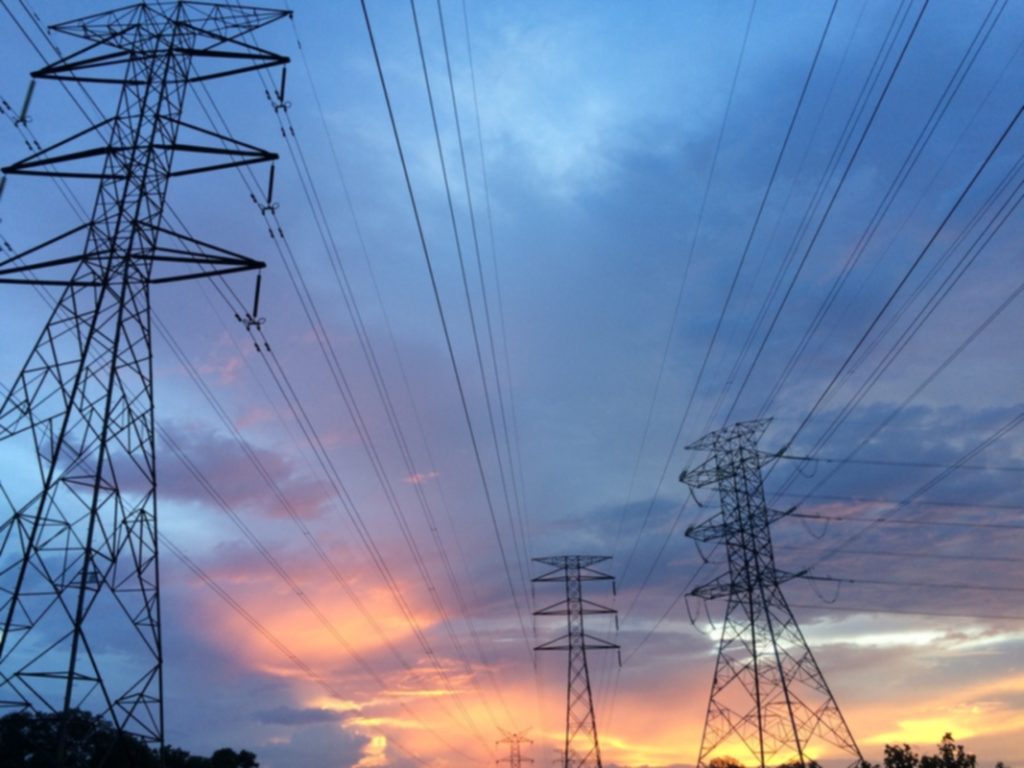
Over 640 million Africans have no access to energy, corresponding to an electricity access rate for African countries of just over 40 per cent, the lowest in the world. The per capita consumption of energy in sub-Saharan Africa (excluding South Africa) is 180 kWh, compared to 13,000 kWh per capita in the United States and 6,500 kWh in Europe.
Access to energy is crucial not only for the attainment of health and education outcomes but also for reducing the cost of doing business and for unlocking economic potential and creating jobs. Insufficient energy access manifests itself in hundreds of thousands of deaths annually due to the use of wood-burning stoves for cooking; handicaps the operations of hospitals and emergency services; compromises educational attainment, and drives up the cost of doing business.
Energy access for all is therefore one of the key drivers of inclusive growth as it creates opportunities for women, youths, and children both in urban and rural areas.
Africa’s energy potential, especially renewable energy, is enormous, yet only a fraction of it is being currently employed. Hydropower provides around a fifth of its current capacity but not even a tenth of its total potential is being utilized.
Similarly, the technical potential of solar, biomass, wind and geothermal energy is significant. While renewable energy will be prioritized by the bank, fossil fuels will remain an important part of the overall energy mix, as is the case with several developed economies, with the Bank financing state of the art technology to minimize emissions.
The AfDB bank has launched a New Deal on Energy for Africa, which is built on five inter-related and mutually reinforcing principles:
- raising aspirations to solve Africa’s energy challenges;
- establishing a Transformative Partnership on Energy for Africa;
- mobilizing domestic and international capital for innovative financing in Africa’s energy sector;
- supporting African governments in strengthening energy policy, regulation and sector governance; and
- increasing African Development Bank’s investments in energy and climate financing.
Africa is simply tired of being in the dark. It is time to take decisive action and turn around this narrative: to light up and power Africa – and accelerate the pace of economic transformation, unlock the potential of businesses, and drive much-needed industrialization to create jobs.
– AfDB President, Akinwumi Adesina
Africa’s energy potential, especially renewable energy, is enormous, yet only a fraction of it is being currently employed
The Bank’s energy strategy, central to implementing the New Deal, focuses on seven areas, which are:
- setting up an enabling policy environment,
- transforming utility companies for success,
- dramatically increasing the number of bankable energy projects,
- increasing the funding pool to deliver new projects,
- supporting ‘bottom of the pyramid’ energy access programs, particularly for women,
- accelerating major regional projects to drive integration and
- rolling out waves of country-wide energy ‘transformations’.
The AfBD will implement these priorities through a series of flagship programs such as IPP procurement, power utility transformation, an early-stage project support facility and related catalytic programs, mobile payment initiatives, and a regional project acceleration program.
The aspirational goal of this priority area is to help the continent achieve universal electricity access by 2025 with a strong focus on encouraging clean and renewable energy solutions. This will require providing 160 GW of new capacity, 130 million new on-grid connections, 75 million new off-grid connections and providing 150 million households with access to clean cooking solutions.
To achieve these goals it is estimated that the investment needed will range between $60 billion and $90 billion per year. The AfBD will invest $12 billion of its own resources in the energy sector over the next five years.
Source: AfDB

